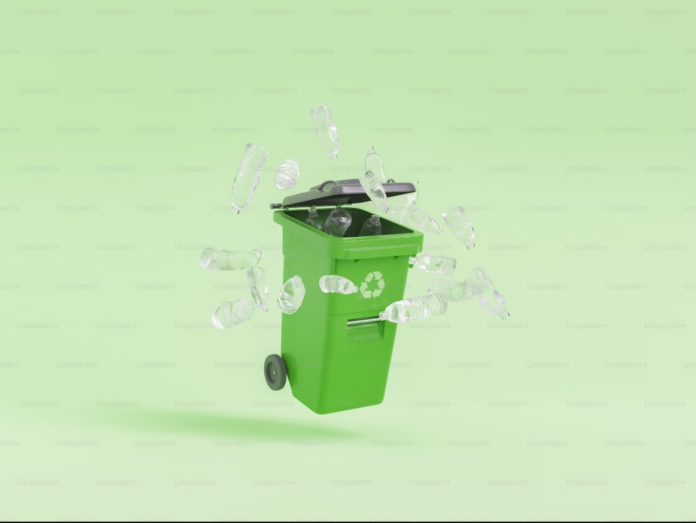Wet waste, including organic materials such as food scraps, liquids, and biodegradable substances, can be challenging to manage due to its moisture content and rapid decomposition. Effective handling is essential for maintaining hygiene, reducing costs, and ensuring environmental sustainability. Wet waste compactors are specifically designed to address these needs by compressing wet waste into smaller, more manageable volumes, improving waste disposal efficiency in commercial and industrial settings.
What is a Wet Waste Compactor?
A wet waste compactor is a specialized machine designed to compress wet or organic waste, including food scraps, liquids, and biodegradable materials. These compactors differ from standard ones by having sealed systems that prevent leakage and reduce odors, ensuring that wet waste is contained hygienically. This is especially important for industries like food service, hospitality, and food processing, where managing wet waste efficiently is crucial.
The compaction process involves placing wet waste in a chamber where a hydraulic press compresses the material, reducing its volume significantly. This reduction in volume helps businesses lower the frequency of waste collections, which in turn reduces transportation costs and the overall environmental impact of waste disposal.
Key Benefits of Using a Wet Waste Compactor
Space efficiency: Wet waste can take up a lot of space, particularly in industries that generate large amounts of food and organic waste. A wet waste compactor significantly reduces the volume of this waste, allowing businesses to store more waste in the same amount of space, thus optimizing storage capacity. This is especially useful in high-traffic environments such as restaurants and hotels.
Cost savings: By compacting waste, businesses can reduce the number of waste collections required. Compacted waste occupies less space, allowing businesses to schedule fewer pickups, resulting in lower transportation and disposal costs. This reduction in collection frequency is especially beneficial for companies dealing with large volumes of waste, such as supermarkets and food processing plants.
Environmental impact: Wet waste compactors contribute to more sustainable waste management practices. By compacting organic waste, businesses can reduce the amount of material sent to landfills, where it would otherwise produce methane as it decomposes. Many companies are also exploring composting options for compacted waste, helping to further minimize their environmental footprint.
Industries that Benefit from Wet Waste Compactor
Restaurants and food service: Restaurants generate large amounts of organic waste, including food scraps and liquid waste. A wet waste compactor helps streamline waste management by reducing the volume of waste produced in kitchens, improving hygiene and lowering disposal costs. This also ensures compliance with health and safety regulations in food service environments.
Hotels and hospitality: Hotels generate wet waste from kitchens, dining areas, and housekeeping services. Using a wet waste compactor allows these businesses to reduce the amount of waste stored on-site, keeping the premises cleaner and more organized while cutting down on the number of waste pickups required.
Supermarkets and grocery stores: Supermarkets deal with significant amounts of perishable food that eventually becomes waste. Wet waste compactors help reduce the volume of this waste, making it easier to manage and store until it is collected. This results in cost savings for transportation and improved hygiene in waste storage areas.
Choosing the Right Wet Waste Compactor
When selecting a wet waste compactor, businesses need to consider several factors, such as the volume of waste generated, available space, and the specific requirements of their industry. Wet waste compactors come in different sizes and capacities, allowing businesses to choose the model that best fits their operational needs.
Streamlining Organic Waste Management
Wet waste compactors are vital for managing organic waste efficiently in industries that generate large quantities of food scraps and liquids. By reducing the volume of wet waste, these machines help businesses optimize space, lower disposal costs, and maintain a more hygienic environment. Whether used in a restaurant, hotel, supermarket, or food processing facility, wet waste compactors provide a sustainable and cost-effective solution for modern waste management needs.
Find a Home-Based Business to Start-Up >>> Hundreds of Business Listings.

















































